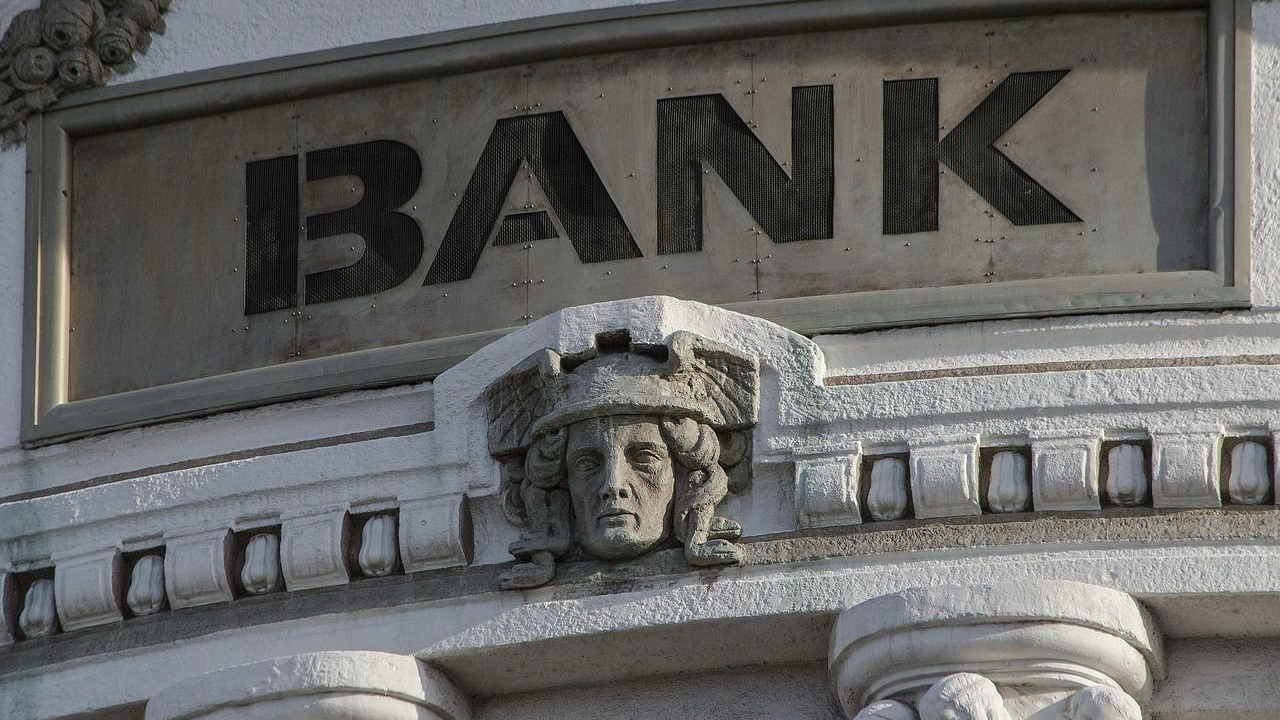Surge in Bank Charter Applications by Financial Technology and Crypto Firms
In a notable shift, financial technology and cryptocurrency companies are increasingly pursuing state or national bank charters. This trend is driven by a desire to expand their operational scope under the more crypto-friendly atmosphere fostered by the Trump administration. Industry executives have reported a significant increase in discussions and applications for bank charters, as highlighted by a recent report from Reuters.
“We have seen a lot more interest. We are working on several applications now,” stated Alexandra Steinberg Barrage, a partner at the law firm Troutman Pepper Locke. Despite this surge, firms are approaching the situation with cautious optimism due to the shifting leadership within regulatory agencies.
Securing a bank charter entails adhering to stricter regulatory oversight, yet it can also lead to lower borrowing costs and bolster the legitimacy of these firms in the eyes of consumers and investors. By becoming a bank, these companies can enhance their capital efficiency by accepting deposits, a point of contention within the cryptocurrency community where the ethos often leans towards decentralization and broader access to financial services, particularly for unbanked or underbanked populations.
Several cryptocurrency firms, including Paxos, Anchorage, and Protego, have successfully transitioned into federally regulated crypto ‘banks’ after obtaining a federal trust charter from the U.S. Office of the Comptroller of the Currency (OCC). Additionally, companies like Kraken and Avanti have achieved Special Purpose Depository Institution charters in Wyoming, establishing themselves as state-regulated crypto banks.
Historically, the approval of new bank charters has been an uncommon occurrence. Between 2010 and 2023, regulatory authorities granted an average of just five new charters annually, a stark contrast to the 144 charters approved each year from 2000 to 2007, according to data from S&P Global. The decrease in applications can be attributed to factors such as low interest rates, concerns regarding profitability, and various regulatory obstacles.
Encouragingly, officials from the Federal Deposit Insurance Corporation (FDIC) and the Federal Reserve have expressed support for efforts to streamline the chartering process. However, the establishment of a new bank remains a costly endeavor, with estimated expenses ranging from $20 million to $50 million, as reported.







